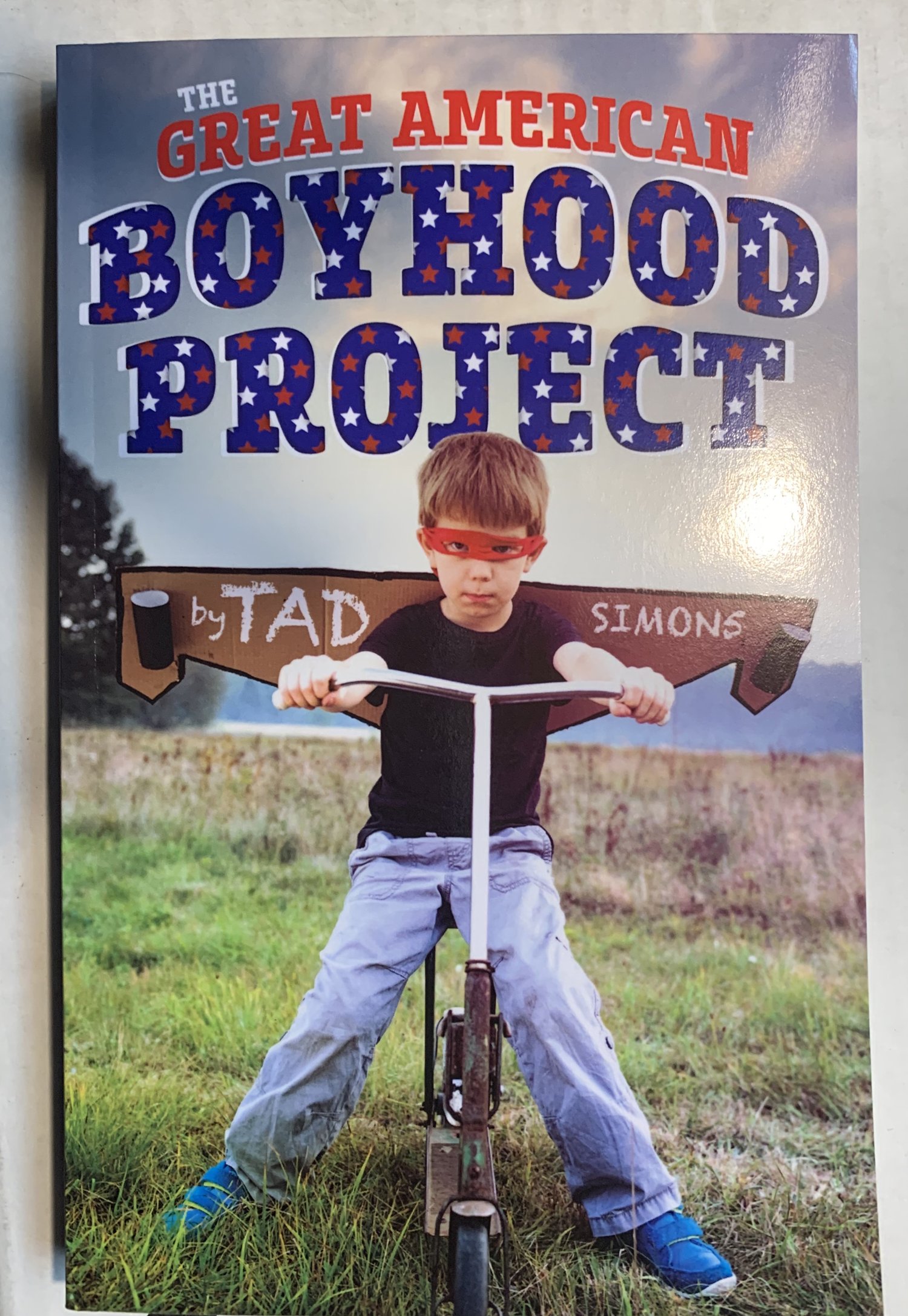Readers often want to know if the characters in my stories are based on real people, and the answer to that question is—duh!
One of the most rewarding things about being a fiction writer is that you can turn people you hate into characters, then torment them in all kinds of painful and humiliating ways. To get away with this, all you have to do is insert a little disclaimer stating that the book is a work of “fiction,” and that any similarities with people living or dead are “purely coincidental.” That’s it, and then you’re legally free to lay waste to anyone and everyone who has ever crossed you.
Besides being therapeutic and a heckuva lot of fun, basing characters on real people you hate adds a degree of authenticity that might otherwise be missing from your work. The key to success in this area of fiction writing is in disguising the “true” identity of the character so thinly that if the real person upon which the character is based (or anyone who knows them) reads the book, they will immediately recognize you are writing about them.
Suppose you have a psychotic ex-girlfriend name Stacy who bangs on your door at two in the morning whenever she goes off her meds. In fiction, a batshit she-witch like Stacy offers a perfect opportunity to introduce a character named “Stacia” who does the same thing, but who peeks through the window and sees the fictional you with another woman, then flings herself into traffic, whereupon it is discovered that, as you always suspected, Stacia was never human at all—she was an evil android sent by aliens to destroy your life.
If you’ve done your job right, the real-life Stacy should be furious when she reads this—so mad that she calls her lawyer to find out if she can sue you for defamation of her so-called “character.” But the law is on your side. Her lawyer will advise her that no, she can’t sue, because it’s a work of “fiction.” Ha! The character in the story that looks and acts like her isn’t really her, he’ll say, so don’t take it so personally.
Oh, but she will take it personally—very personally—and that is the joy of it.
Of course, writers rarely get the satisfaction of being in the room when the subject of their hatred realizes that their ex-boyfriend has totally won, hands down, and there’s nothing they can do. In order to see the anger swell in their eyes and hear the howls of protest as they hurl your book across the room, you have to be outside, nearby, with a good set of binoculars.
If you don’t have a decent set of binos, of course, you must imagine the anguish you’ve caused. But that’s okay too, because you’re a fiction writer, and using your imagination is what you’re good at. Stacy can’t even keep her medications straight, which is why you broke up with her in the first place. She did give you the idea for “Stacia,” though, so the relationship wasn’t a total loss.
Anyway, she’s not your problem anymore—she’s just a character in one of your stories. To hell with her. You got the last laugh, and that’s all that matters. She can’t touch you, because you write “fiction,” so nothing you write is actually “true,”—it just feels like it, to her—and that’s what really matters.
